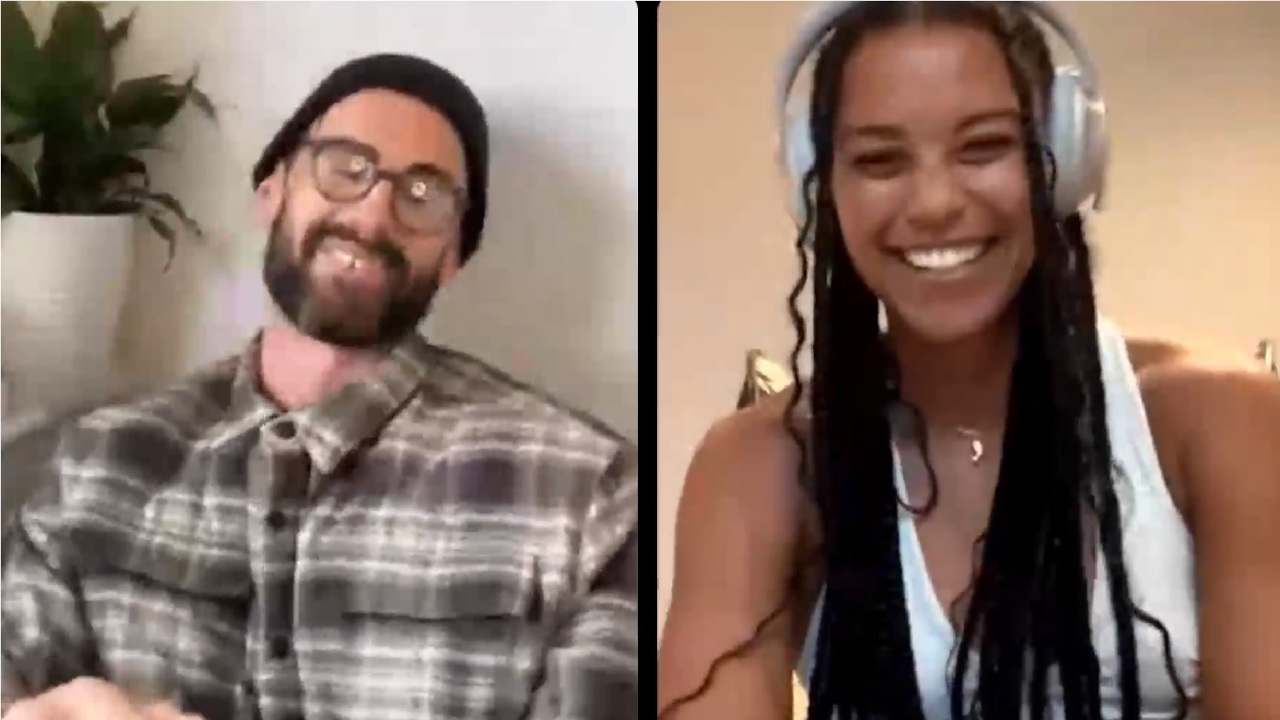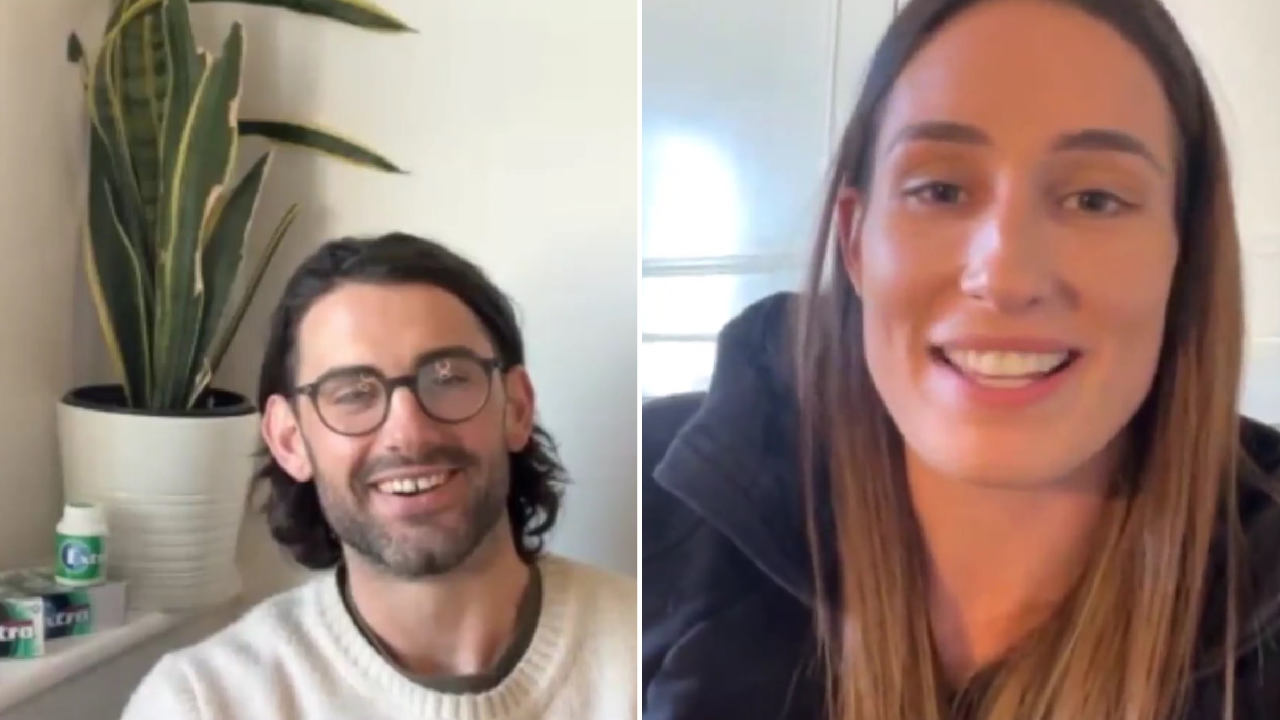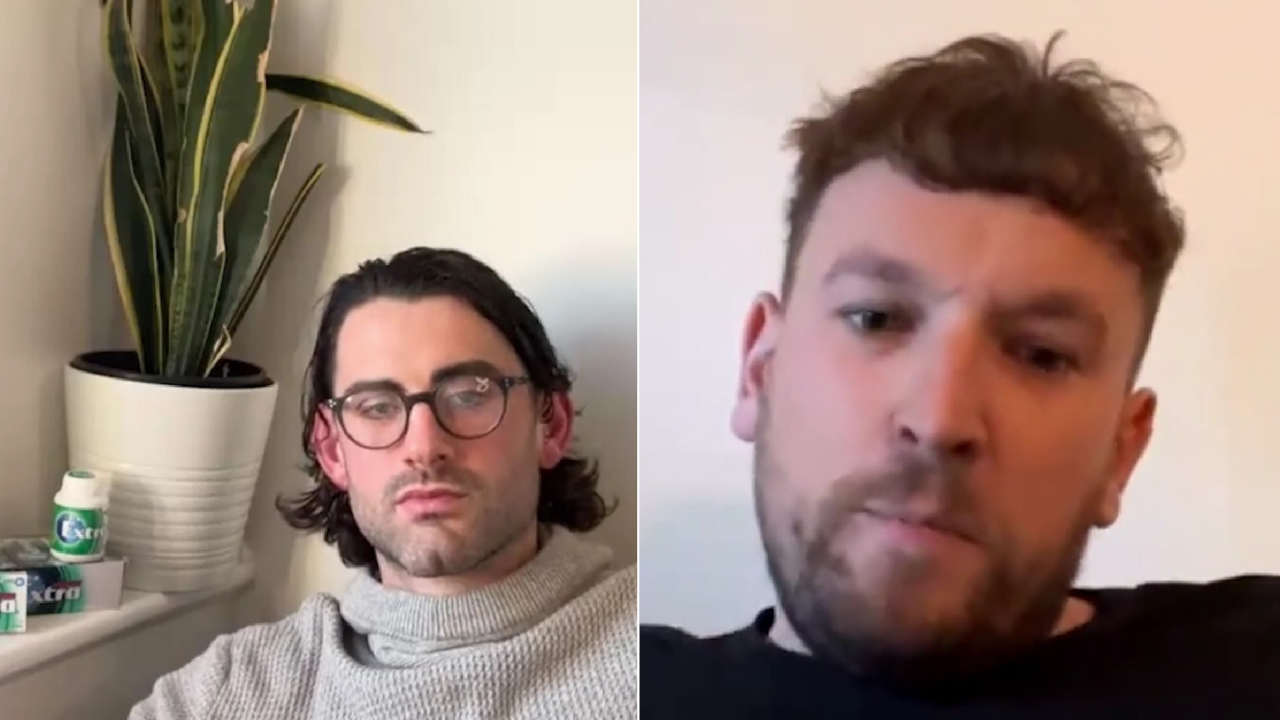Being Hands-On
I moved back to Adelaide just before Christmas. I’d already joined Dan at Something Wild and we decided that, if I was going to be a part owner, I should really get into it and take part in what we do.
My first taste of that was up in Darwin with Daniel and his family. We coincided it with me playing a few games for Wanderers in the NTFL, which is like the Motlops’ second home.
One morning, we got up really early and headed to see some family friends who own some land up that way. We arrived about 4.30am, set up and went through until about lunchtime seeking out magpie geese.
Apart from being out in the fresh morning air, what I really liked was that we were very careful about what we were harvesting. We weren’t out there trying to hunt everything. Far from it. It was about being respectful of the environment and everything in it.

Once we’d got what we needed, we did all the production on-site. We plucked the geese, boiled them down and separated the meat into portions to suit the orders that had come through.
The idea is to do everything the right way and stay hands-on throughout the process. That way we can pass that practice on to other employees in the future. It’s about immersing yourself in every aspect of the food production mechanism.
We look for areas where traditional foods are available, whether that be around streams or bushland or properties where wildlife or plants are available. Then it’s about forming relationships with the Elders of the land and owners of the areas.
In one area you might get karkalla, sea blite, samphire and ice plant. You could find some salty greens to serve with fish or to garnish a salad. At the next place, there might be fruits and berries to make jams.
These are foods that have been eaten for thousands of years by people in those areas.

Kakadu Plum Yogurt
I had an experience recently that really tapped into what I hope we can achieve by doing this work. We made a yogurt that incorporated the Kakadu plum fruit from a place called Wadeye in the Northern Territory.
The ladies up there do all the harvesting themselves. By building a relationship with them, it led to a great experience.
When we finished producing the yogurts, we flew the ladies down to see how we made the final product. We showed them everything, from the factory to the dairy farm at Waiponga, and they were thrilled.
We took them on the ferry. You know how slow ferries go? Well, they were holding on for dear life. We walked around Adelaide and took them down to the Aboriginal art studio. We learnt from their amazing stories, including about how they prepare food up there.
The ladies loved that we would incorporate their native fruit in this yogurt. It’s the world’s richest source of Vitamin C in any fruit. For something that good for you, it’s really unheralded. And they really loved the final product.
I’ve stayed in contact with Margaret, the Elder of the group, who reminds me so much of my late grandmother. We just connected straightaway.
We’ve sent some of the proceeds of the yogurt back to the community at Wadeye. Once there’s a sustainable model, we’ll give more responsibility to the ladies to arrange people to pick the Kakadu plum on a constant basis and they’ll be paid for that. Eventually, they can employ locals.
Playing football can be a very insular lifestyle. Besides your family, nothing else matters except your team and the club you’re representing.
But, since finishing up with football, I’ve found a passion that allows me to look outside that small box and seek to do something that helps others. I’ve really enjoyed seeing the world from this different perspective.
More about: Fremantle Dockers | Indigenous Australians | Port Adelaide | Retirement | Sponsored




 Load More
Load More